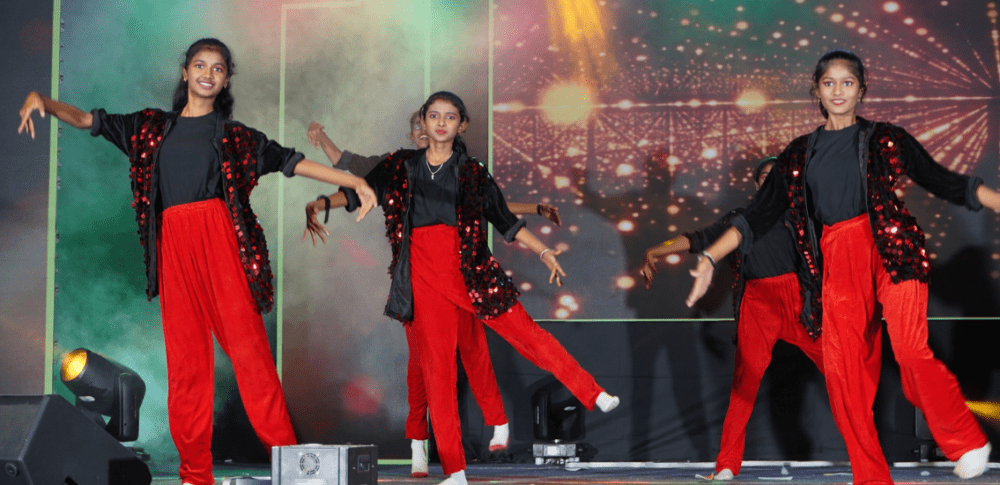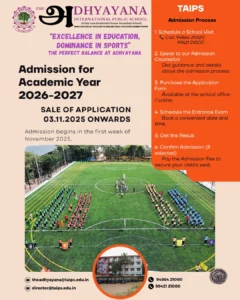Introduction
School cultural events play a significant role in fostering a sense of community, celebrating diversity, and promoting cultural awareness among students. These events provide opportunities for students to showcase their talents, learn about different cultures, and create lasting memories. However, planning such events can be a daunting task. In this comprehensive guide, we will walk you through the steps of planning school cultural events to ensure they are memorable and successful.
Set Clear Objectives
Before delving into the planning process, it is crucial to establish clear objectives for the cultural event. Consider what you want to achieve through this event. Is it to celebrate a particular cultural heritage, promote diversity, or simply provide a platform for students to showcase their talents? Establishing your goals will direct your decisions during the planning process.
Form a Planning Committee
An effective way to ensure the success of the cultural event is to form a planning committee consisting of teachers, students, and parents. This diverse group can bring different perspectives and ideas to the table. Allocate roles and responsibilities to each team member to ensure a seamless planning process.
Decide on the Theme
Choosing an engaging and relevant theme for your cultural event is essential to captivate the audience and create a cohesive experience. Consider themes that align with your school’s values, encourage inclusivity, and promote cultural appreciation. Ensure the theme is broad enough to accommodate a wide range of cultural expressions.
Research and Collaboration
To create an authentic cultural event, research various cultural traditions, customs, and practices. Collaborate with teachers, students, and community members who have expertise in different cultures. Involve them in the planning process to ensure accurate representation and avoid cultural appropriation.
Budgeting and Fundraising
Investing in a school cultural event requires proper budgeting. Prepare a comprehensive budget plan that includes expenses for decorations, food, costumes, performances, and any special guests or speakers. Consider fundraising efforts such as bake sales, raffles, or sponsorships to supplement the available budget.
Venue and Logistics
Select a suitable venue that can accommodate the size and requirements of the cultural event. Keep in mind the need for cultural displays, performance areas, seating arrangements, and accessibility for all attendees. Plan logistic details such as parking, security, and audio-visual equipment to ensure a smooth execution on the day of the event.
Engage the Community
Engaging the school community is crucial to the success of the cultural event. Foster a collaborative spirit by involving students, parents, teachers, and local community members in various aspects of the planning and execution. Encourage participation through workshops, cultural displays, and performances that showcase the talents and traditions of the attendees.
Promotion and Publicity
Create a comprehensive promotion and publicity plan to generate excitement and attract a wider audience. Utilize various platforms such as social media, school newsletters, posters, and word-of-mouth to spread the word about the cultural event. Highlight the unique aspects of the event, such as special performances, interactive workshops, or notable guest speakers.
Cultural Activities and Performances
To create a memorable experience, plan a diverse range of cultural activities and performances. Consider including dance routines, musical performances, cultural exhibitions, food tastings, storytelling sessions, and interactive workshops. Encourage students to participate and demonstrate their cultural knowledge and skills.

Evaluation and Feedback
After the cultural event concludes, evaluate its success based on the established objectives. Collect feedback from attendees, participants, and volunteers to identify strengths and areas for improvement. Use this information to refine future cultural events and ensure continuous growth and enhancement.
Conclusion
School cultural events are an incredible opportunity to celebrate diversity, promote cultural awareness, and create memorable experiences for students. By following this guide, you will be equipped with the knowledge and tools to plan and execute successful cultural events at your school. Remember, the key to creating memorable moments lies in setting clear objectives, collaborating with the community, and ensuring authentic representation of different cultures. Let the magic of cultural exchange transform your school into a vibrant and inclusive community.
deneme bonusu
getbetbonus.com
casino siteleri
deneme bonusu veren siteler
bonus veren siteler


